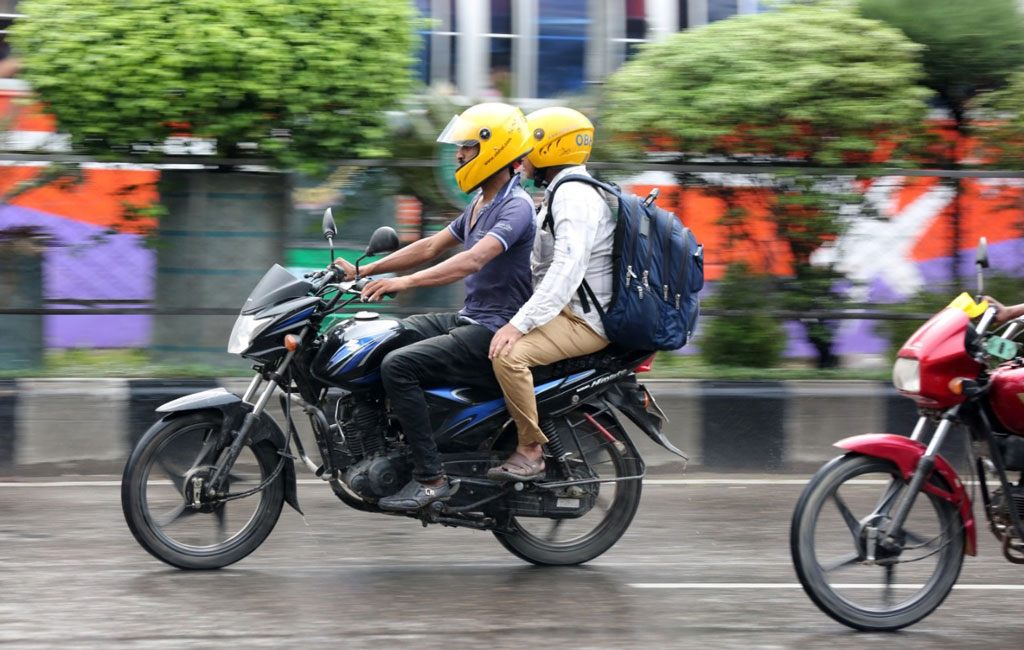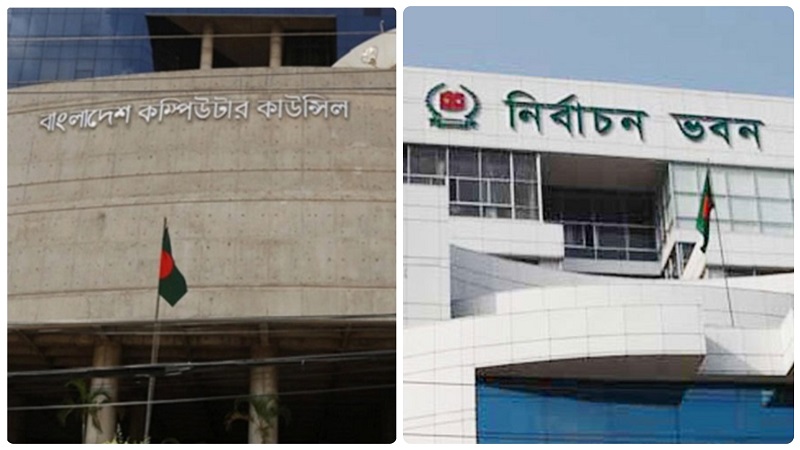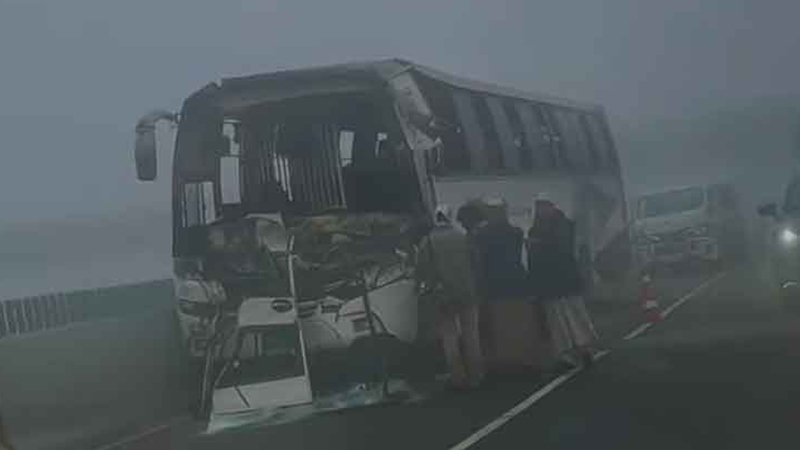Rakib Ahmed, a regular user of the ride-hailing service Uber, called for a car from Dhaka’s Tejgaon area to go to Bangla Motor a couple of days ago. He was connected with a driver who called and wanted to know the pickup location. The driver, failing to follow Google Maps’ directions, did not come to the pickup point and abruptly cancelled the trip.
“Unfortunately, your driver had to cancel the trip. Please request a new ride and we will get you moving shortly. Tap here to review and complete your payment of BDT 30.00,” Rakib received this text from Uber.
The user was penalized through no fault of his own, not to mention the time wasted while waiting for the ride. Rakib then had to hire a CNG-run auto-rickshaw to reach his destination.
This is only one of the numerous complaints that ridesharing service users make regarding the deteriorating services provided by such companies.
A student of Jahangirnagar University, for instance, called for a car via Uber a few days ago to go to the university campus in Savar from Kallyanpur. Upon reaching the pickup point the driver said: “Sir, which way is the destination? I have never taken my car outside the capital city.”
Meanwhile, hailing bike rides through ridesharing services poses some problems of its own.
Users have to wait for a long time after requesting a bike ride as riders keep transferring trips to other drivers, which can happen up to 5-10 times before a rider actually accepts the trip. Most riders instead are keen to provide rides without ridesharing apps so as to keep the whole fare to themselves.
Litany of complaints
“The fare shown while calling a car increases at the end of the trip. For example, the fare shown was Tk155 for a trip from Tejgaon Link Road to Mohakhali DOHS, but it jumped to Tk199 after the trip ended. I have to pay extra fare more often nowadays,” said AK Azad, a frequent user of ride-sharing services since 2018.
Shoilen has had similar experiences as well. In his opinion, Pathao is more “irritating” compared to Uber as most drivers registered with the former cannot use Google Maps very well.
“A few days ago I almost got into an accident, but managed to survive, luckily. Moreover, the drivers are reluctant to accept digital payment,” he complained.
Some users said filing complaints about drivers or the services was another hassle when time was of the essence.
Even if one filed a complaint, one could not rest assured that the grievance would be addressed by the services, they added.
On the whole, users are becoming increasingly annoyed by the deteriorating services provided by the ridesharing companies currently operating in the country.
They have demanded that the authorities concerned strictly monitor these services and take necessary measures to alleviate users’ sufferings.
Other side of the aisle
Meanwhile, some drivers complained that there were some users who kept them waiting for long periods and a few even smoked inside their cars.
However, their main grudge was directed at the ridesharing companies themselves.
Emam Hossain, an Uber rider, said when he started working for the company over two years ago, Uber used to provide many lucrative facilities.
“We got at least Tk4,000-Tk5,000 every week as a bonus when Uber first started its operations in Bangladesh. But now we do not even get Tk1 extra,” he said.
Another driver, Md Faruk, bought a car for Tk10 lakh one and a half years ago solely to register with Uber.
Talking about the digital payment issue, he said drivers did not want to accept money digitally as the companies did not pay their dues in a timely manner.
Uber transfers the money to our bank accounts within a week, while Pathao takes more than a month. How can we survive like that? We need cash, not bank deposits,” he said.
According to riders, they have to give 25% of their earned fare to Uber in case of Moto and 28% for Uber’s car service. Uber used to take 20% in commissions when it first started its journey in Bangladesh. Meanwhile, Pathao’s cut is considerably lower — it takes 15% from its riders.
The ridesharing services denied Dhaka Tribune’s request to confirm the numbers citing policy restrictions.
An OBHAI official said: “Our fares remain almost constant round the clock but some ridesharing services increase or decrease it depending on the hour of the day. We complained to the BRTA (Bangladesh Road Transport Authority) several times to solve this issue as others cannot decrease fares like this."
An Uber spokesperson told Dhaka Tribune in an email reply: "Prices/fares at Uber are always upfront and calculated using an algorithm that takes into consideration the estimated trip time and distance from the origin to destination, local traffic patterns, demand and supply at a given location."
"Uber fare does not exceed the prescribed rates issued by the government of Bangladesh and every complaint is evaluated and investigated by our internal customer support teams," Uber claimed.
Also Read - Complexity at ride sharing
Meanwhile, dismissing riders’ complaints regarding the digital payment issue, Pathao said it was considerate of its drivers and riders, which is why its commission was lower than that of its competitors.
BRTA Assistant Director Faruk Ahmed said the agency could hardly do anything regarding ridesharing since people availed the service through a tripartite agreement — among ridesharing companies, drivers and users.
“There are options for [filing] complaints in the [ridesharing] apps and the authorities concerned [Uber, Pathao, etc] surely look at those,” he said.
If one wanted to file a complaint directly to the BRTA, one could do that through the BRTA’s Grievance Redress System, Faruk said, adding: “However, the BRTA has only received three or four complaints [regarding ridesharing services] in the last couple of years.”
BRTA officials said the agency did not have a specific mechanism to monitor the activities of the drivers of the services, but it was having talks with the police to figure out a way for customers or drivers to seek the law enforcers’ help in any kind of emergency.













